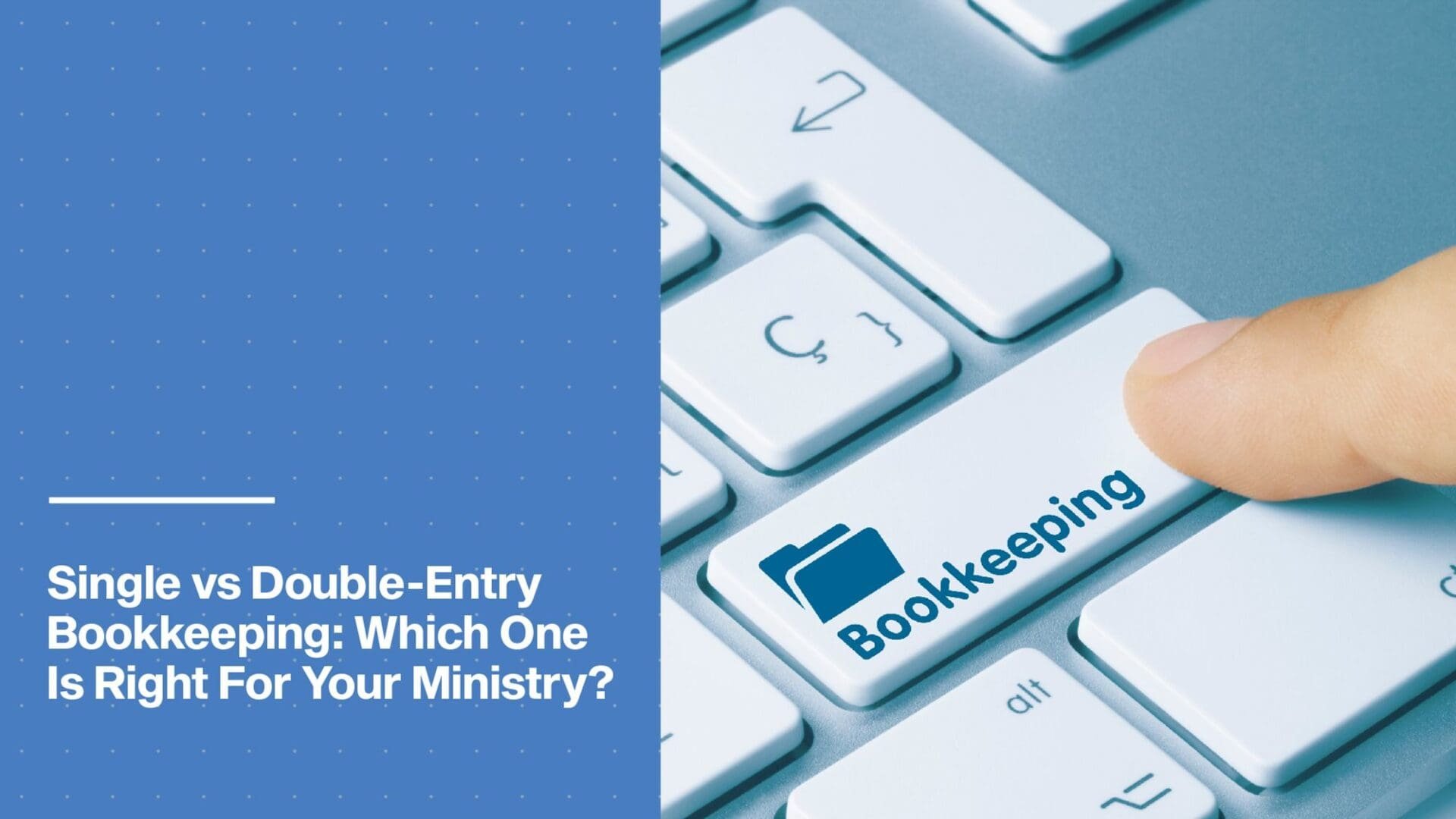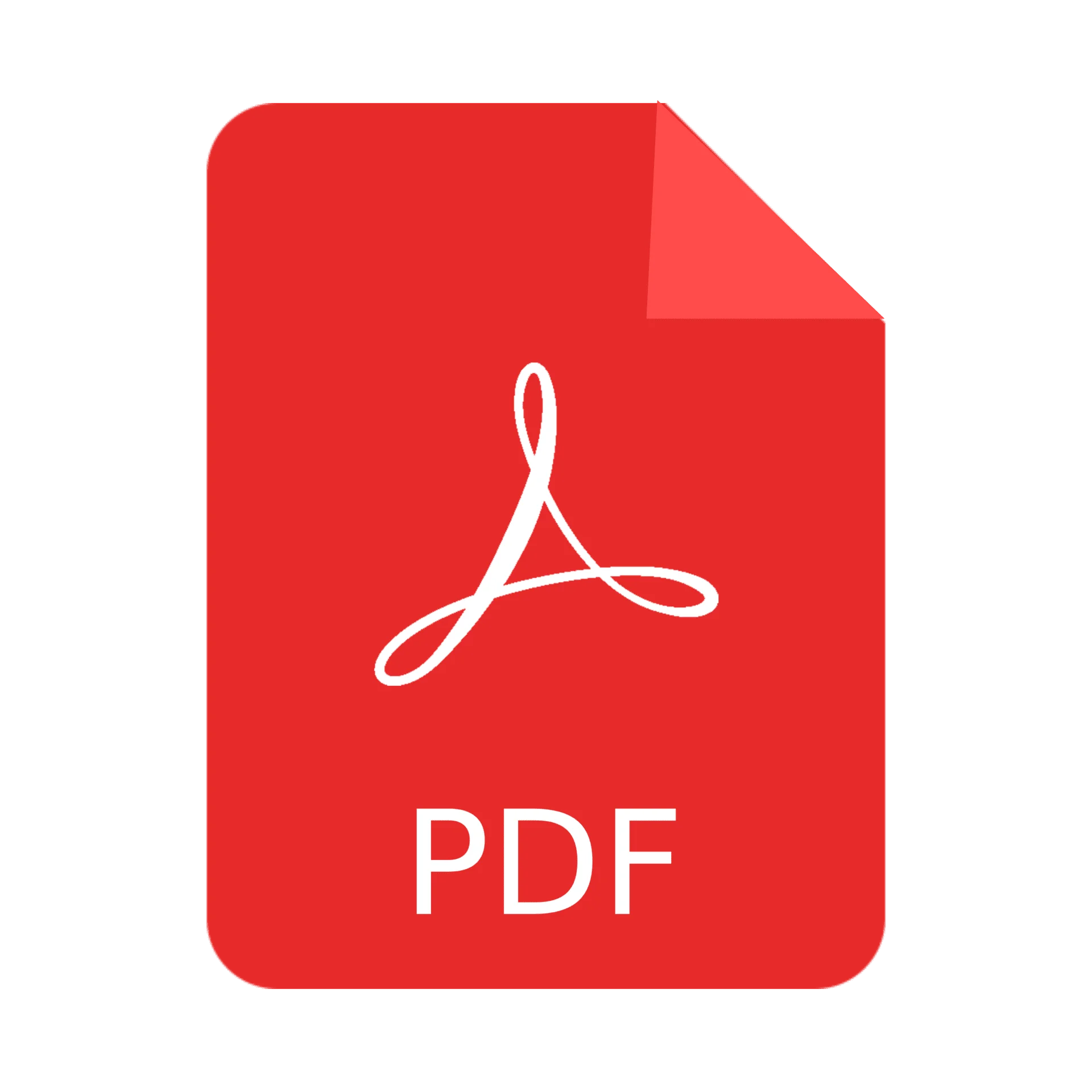
Running a church is much more than preparing sermons or orchestrating Sunday morning services. The administrative efforts that go on behind the scenes of even the smallest ministry can be enormous, especially when it comes to finances.
Church accounting involves tending to budgets, donations, fundraising, payroll, and much more. Much of this requires careful bookkeeping, which ministry teams must set up and maintain over time.
One question that often comes up during this process is whether a church should use single-entry bookkeeping or double-entry bookkeeping. If you’re unsure what these terms mean or when they apply, you’re not alone. Let’s break down each one and then compare and contrast single vs double-entry bookkeeping in a church setting.
With single-entry bookkeeping, the primary differentiating factor is that each time you engage in a financial transaction, you record it a single time. This goes both for income and expenses. It is also recorded on the date the transaction took place.
For instance, if your church receives a $1,000 donation on May 5th, you would record it as income for that day. If you spend the money as part of your building fund on October 12th, you would record that as a separate transaction when it takes place, too.
When you boil it down, single-entry bookkeeping is simply tracking your income and expenses. It maintains a balance and adds and subtracts from that total as you go along.
Single-entry bookkeeping’s biggest advantage is that it’s simple to run. Beginners can quickly grasp the concept, and it is useful for monitoring individual funds. It is also a convenient money-tracking system for a church where you’re processing donations rather than invoices and payments.
Single-entry bookkeeping’s simplistic nature makes it easier to introduce errors as you go along. It’s also easy to miss a mistake until long after you’ve made it. It is also restrictive, as you are able to see less overall data, especially when it comes to assets and liabilities (which can be an important factor for a larger church managing endowments).
Double-entry bookkeeping maintains greater balance with your books by turning each financial interaction into a two-part transaction. When you spend or receive money, both a debit and a credit are made in appropriate accounts (hence the “double” part of this kind of bookkeeping).
Of course, with modern accounting software, the second entry is often automated. Still, the concept here is that whenever you add a credit (such as paying your church’s utility bill), you have to add an equal and opposite transaction in your debit column, indicating a withdrawal from your church’s savings or a particular fund if you’re using fund-accounting.
Double-entry bookkeeping is a more comprehensive way to handle finances. It ensures that every transaction is balanced rather than simply adding it to a running total. This form of accounting also offers greater insights into how each interaction affects your ministry’s assets and liabilities.
It should come as no surprise that double-entry bookkeeping is much more complicated. It requires training to use properly. It can also be more time-intensive as you make sure everything is properly annotated and balanced.
A church can use both single-entry and double-entry bookkeeping. However, each one is more useful for different scenarios.
Single-entry is often suggested for smaller churches — for obvious reasons. It is simple and straightforward. It doesn’t require as much financial acumen and is an ideal option for those working with volunteers.
Double-entry bookkeeping is a better choice if you have a larger church or more detailed financial activity due to owning more complex assets or equity. Keep in mind that it does require a trained hand at the tiller to keep your books balanced.
When you work with a professional accounting firm like Chaney & Associates, it’s much easier to decide which one makes the most sense. You can work together to consider the size, financial obligations, and accounting complexity required to run your non-profit organization.
Another factor to consider is that double-entry bookkeeping is necessary for any organization that is large enough to generate a statement of financial position (aka a balance sheet). Does your church meet this requirement? Again, working with a qualified third-party accounting partner can help clarify these kinds of nuanced details.
As the accounting firm for the church, our team of Christian CPAs at Chaney & Associates regularly run into the question of whether a ministry should use single-entry or double-entry bookkeeping. We are always ready to sit down with teams from small, midsize, and large churches alike to consider the best option for their organization.
If you’re unsure what to use, give us a call. A member of our team can go over your situation and help you decide whether single or double-entry bookkeeping is the right method for your ministry’s financial management.
